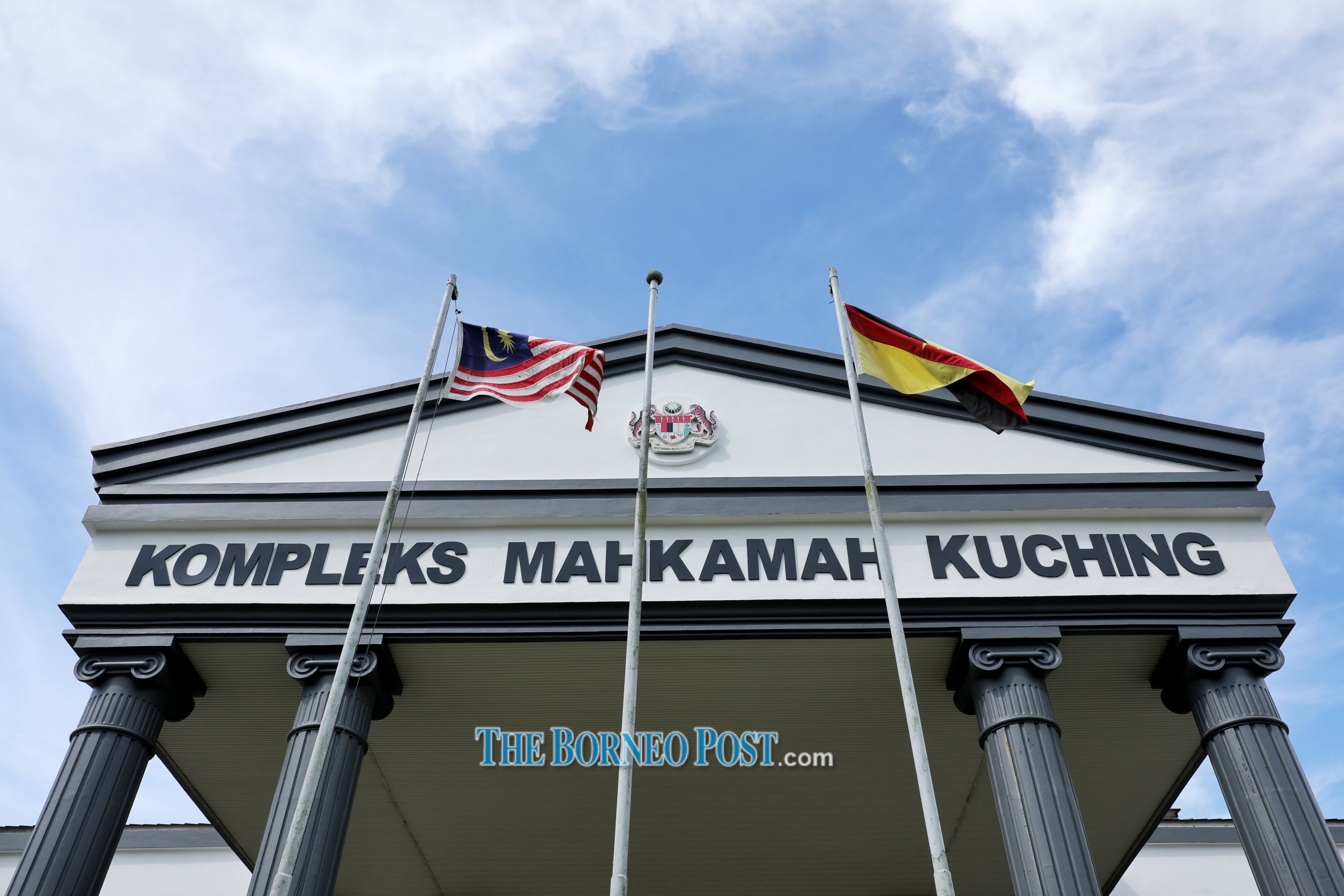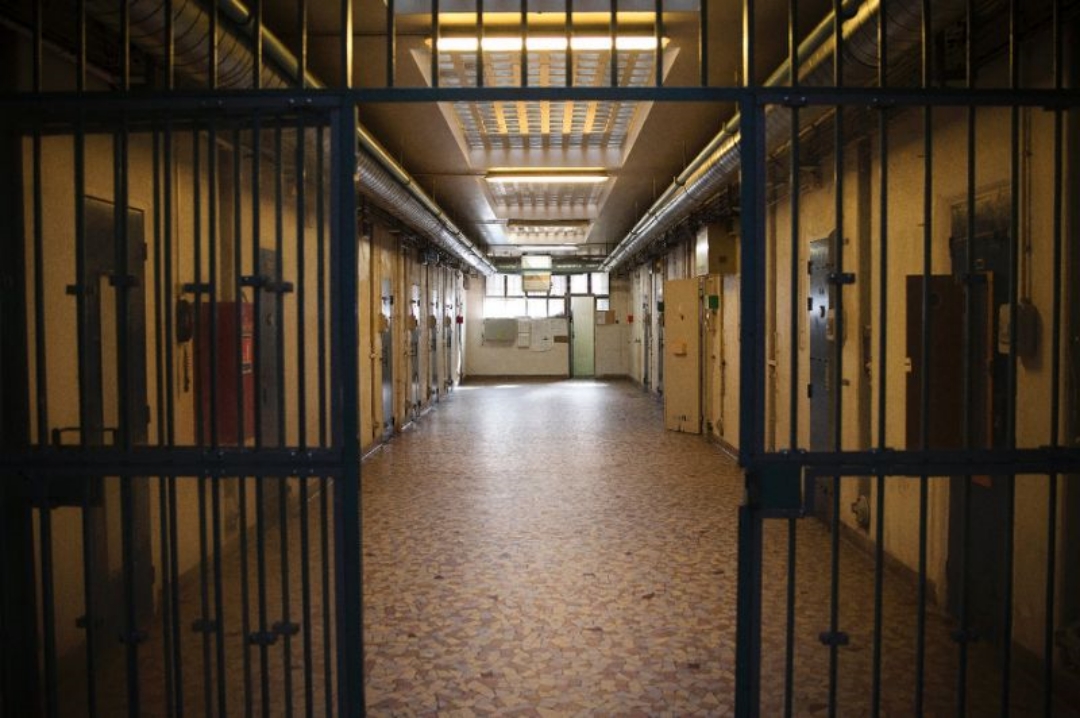ADVERTISE HERE

Ahmad Farhan (front, fourth left) and Chin, on his right, join others in a group photo, taken at UPMKB’s Bambusetum.
BINTULU (Nov 3): Over 840 bamboo specimens, both of local and foreign species, have been planted across a five-hectare area at the ‘Bambusetum’ (Bamboo Garden) of Universiti Putra Malaysia Bintulu Campus (UPMKB), since May 2021.
It is informed that the Bambusetum is divided into two, Block A and Block B, with 75 per cent of the area having been occupied as of last month.
“This initiative not only aims to enhance bamboo research and conservation, but is also for the expansion of new opportunities in the bamboo industry, particularly in the sectors of biomass, green products, renewable energy, and the production of bamboo-based commercial products,” said UPM vice-chancellor Dato Prof Dr Ahmad Farhan Mohd Sadullah.
He said this in his address for the official opening of the Bambusetum@UPMKB, held at Ladang Kongsi II last Saturday, where UPM pro-chancellor Tan Sri Peter Chin officiated at the ceremony.
Among the species planted during the event were ‘Buluh Minyak’ (Bambusa vulgaris); ‘Buluh Semantan’ (Gigantochloa scortechinii); ‘Buluh Betung’ (Dendrocalamus asper); ‘Buluh Beechayana’ (Bambusa beechayana); and ‘Buluh Lemang’ (Schizostachyum brachycladum).
According to Ahmad Farhan, the Bambusetum plays a vital role as a location for the collection and preservation of live bamboo specimens, making it a centre of excellence for bamboo research not only in Malaysia but also internationally.
Bambusetum, he added, aligned with the state government’s Post Covid-19 Development Strategy (PCDS) 2030, aiming to drive sustainable green economic development and reduce dependency on non-renewable resources.
“The project is part of UPMKB’s efforts to foster a sustainable and environmentally friendly campus environment, while supporting the green development agenda of the Sarawak government.
“The state government, through PCDS 2030, has set a goal to develop 10,000 hectares of commercial bamboo plantations, and 2,000 hectares of community bamboo plantation by the year 2030,” he said.
Ahmad Farhan added that this initiative stood as a strategic effort towards highlighting bamboo as a key material in the green industry – capable of balancing economic development needs with environmental conservation.
Also present were UPM boards of directors chairman Prof Emeritus Dato Dr Ibrahim Komoo, Pusaka Timber Industries Sdn Bhd assistant general manager (sustainable resource management) Hamzah Morshidi, and its advisor Datu Hashim Bojet.









 English (US) ·
English (US) ·